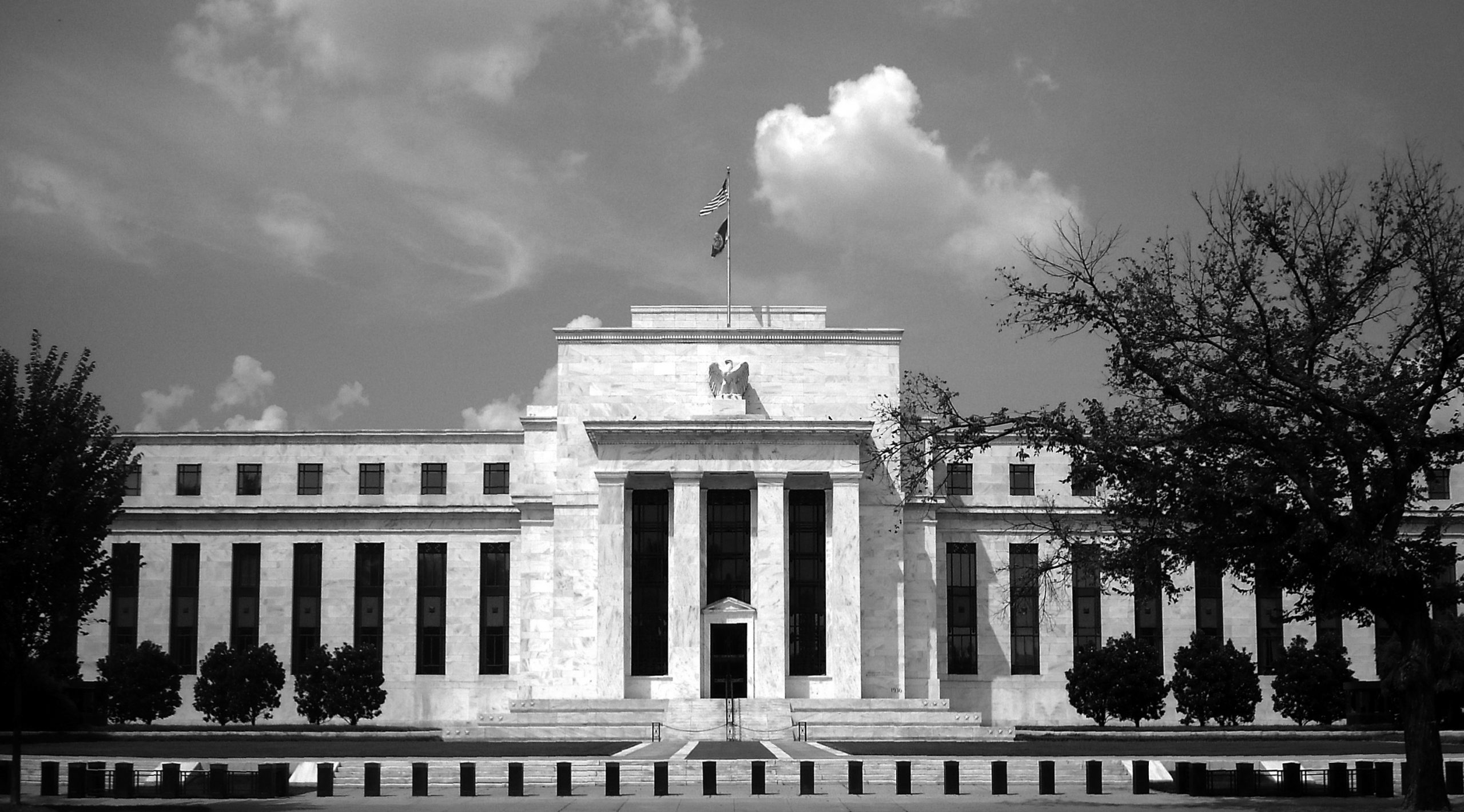In December 2022, then-Senator Pat Toomey (R-PA) introduced the Federal Reserve Accountability Act. It is intended to increase accountability, address left-leaning political activism, and ensure greater geographic and professional diversity within the Federal Reserve System.
Sen. Toomey has been very vocal about his concerns regarding the recent increase in the Fed’s political activism. According to a press release issued by the Senate Banking Committee, in “the past two years, independent economists and academics have also raised concerns about the activities of the Fed, including the Fed regional banks”. The document backs its claim on an open letter signed by 42 independent economists and a Mercatus Center study. Senators Kevin Cramer (R-ND), Mike Lee (R-UT), Cynthia Lummis (R-WY), Thom Tillis (R-NC), Bill Hagerty (R-TN), and Ted Cruz (R-TX) cosponsored the bill.
As Reuters points out, the timing of this initiative is not accidental. The Fed’s regional Reserve Banks have been devoting an increasing amount of resources to activist topics such as climate change, income inequality, and other social issues. These political issues go well beyond the Fed’s mandate. Fed officials have no more authority or expertise in dealing with these social issues than the Department of Urban and Housing Development has on executing a 2-percent average inflation target while maintaining a low level of unemployment.
Sen Toomey’s reform would:
- Make the regional Reserve Bank presidents and the Fed’s General Counsel (the “eighth governor”) subject to Presidential appointment and Senate confirmation.
- Reduce the number of regional Reserve Banks from twelve to five, to allow for more effective congressional oversight and ensure that all Fed presidents have permanent seats on the Federal Open Market Committee (FOMC).
- Subject the Board of Governors and regional Reserve Banks to the federal Anti-Lobbying Act, so that national resources cannot be used for political lobbying at the state or federal level.
- Strengthen current geographic diversity requirements for Fed Governors so that they represent the interests of a cross-section of America, not just the Beltway, and impose strict new residency requirements on regional Reserve Bank presidents so that they come from their Fed districts.
Sen Toomey is right to recognize that the Fed has become more political over the last few years, which is not a good development. But the proposed reform risks making the Fed even more political.Traditionally, economists have described the regional Reserve Banks as being further removed from the political process than the Board, in part because their presidents are not subject to presidential appointment and Senate confirmation. If passed, Toomey’s reform would make the regional Reserve Banks look more like the Board. Why should one expect additional congressional oversight to result in less political pressure? On the contrary, it seems likely that this bill would result in more partisan negotiation and power-seeking at regional Reserve Banks.
Fortunately, Sen Toomey’s proposal died with the 117th Congress. Unfortunately, there’s a chance that the proposal will be reintroduced in the 118th. There is growing interest in Fed reform on both sides of the aisle. Also in December, Sen Toomey partnered with Sen. Elizabeth Warren (D-MA) to introduce The Financial Regulators Transparency Act, which would subject regional Reserve Banks to the Freedom of Information Act, require financial regulators provide ethics-related information to Congress and make the Fed Inspector General a Senate-confirmed position.
These efforts to increase Congressional oversight are unlikely to depoliticize the Fed. Indeed, they are likely to make matters even worse.
Orignally published by The American Institute for Economic Reform and reprinted here with permission.








